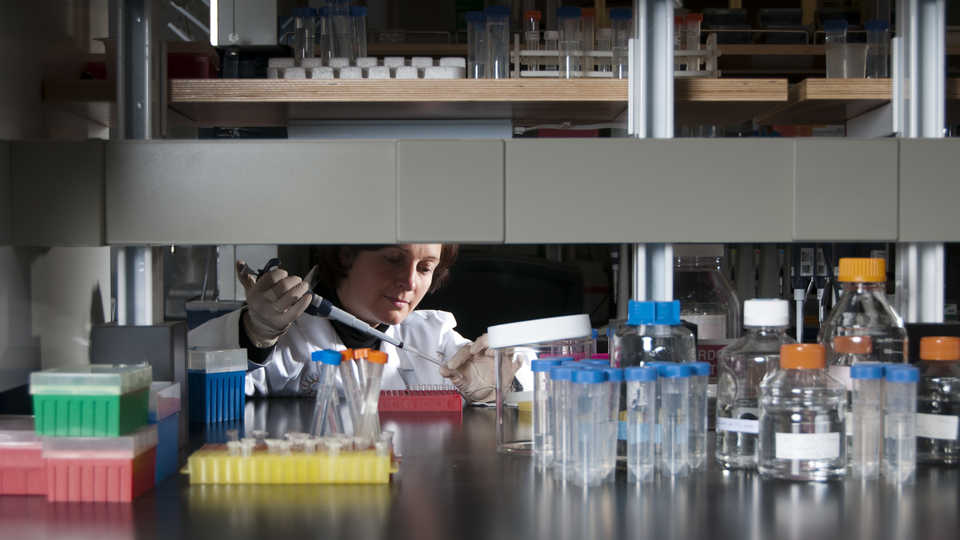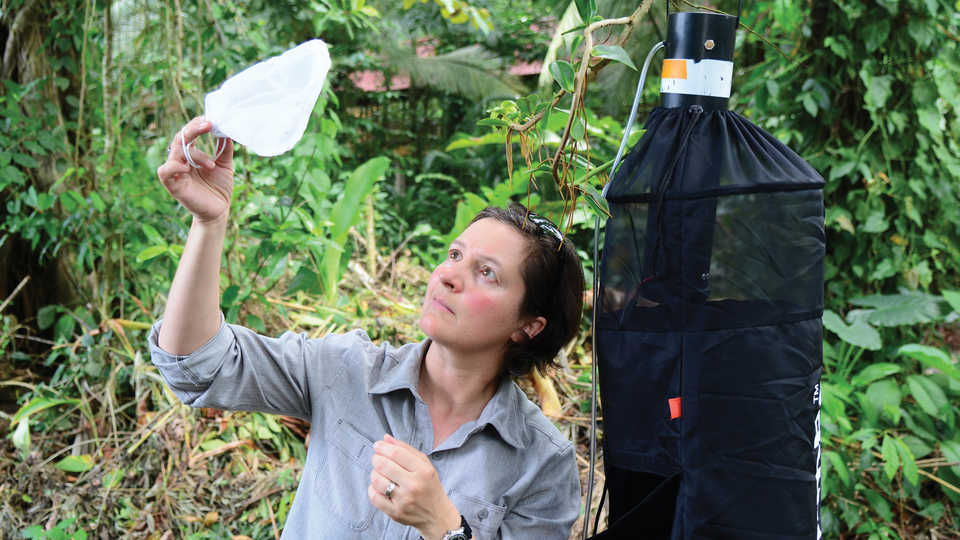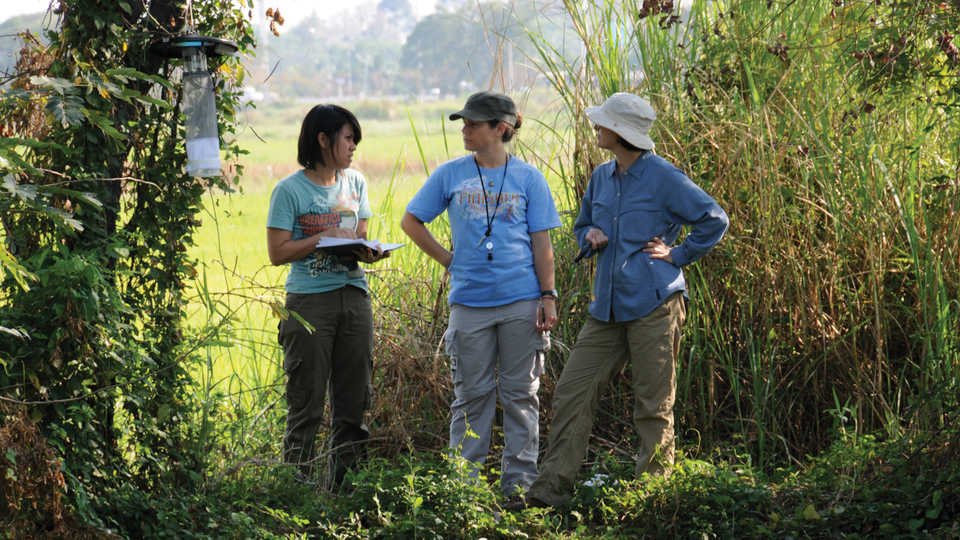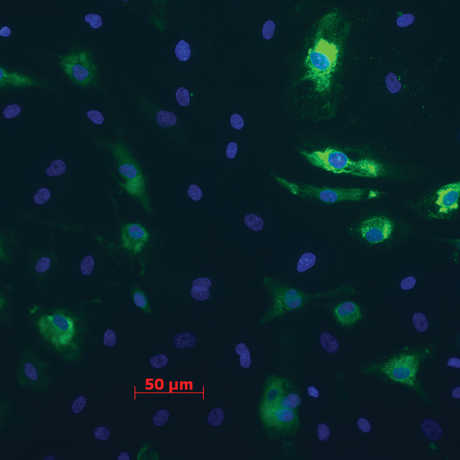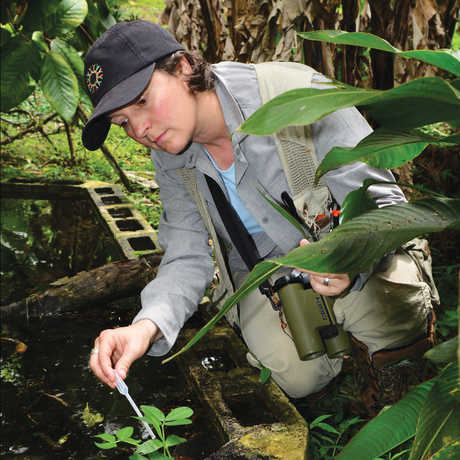When Shannon Bennett peers into a microscope, mosquito trap, or test tube, she sees an evolutionary arms race between virus, host, and vector. Microscopic pathogens, including dengue and malaria, are exquisitely adaptable replication machines that wreak havoc on human communities worldwide. To survive, microbes must move from host to host, sometimes by way of third-party vectors—like mosquitoes.
Bennett explores the way biodiversity loss impacts the viruses that can cause human communities no end of grief. Her team travels the tropical world to study the diversity and abundance of mosquitoes across a variety of habitats—from pristine forests to rice fields and crowded urban centers—and see what happens to key vector species in disturbed systems. Recent results, says Bennett, paint biodiversity as one of humankind’s “greatest defenses against the spread of invasive mosquitoes and deadly disease.”
